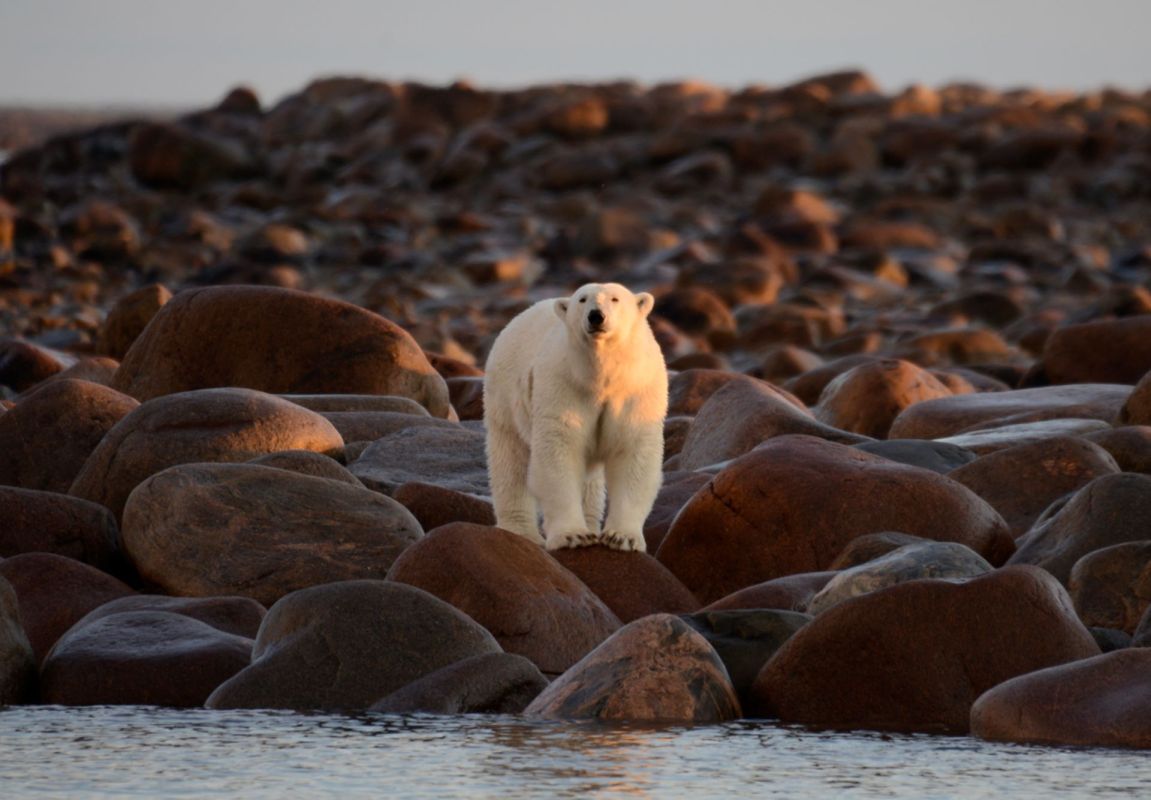Scientists in Alaska have reported that analysis of the stomach contents of 51 polar bears killed between 1996 and 2018 showed that 25% of the bears had eaten some kind of plastic. Even worse, two of the bears with a "significant amount of plastics in their stomachs" were highly aggressive and "did not respond to polar bear deterrent measures."
What is happening?
Scientists from Alaska's North Slope region reported their findings at the Alaska Marine Science Symposium, showing that an alarming percentage of the animals had ingested plastic and hinting at a possible link between the plastic and bears' aggression toward humans.
The scientists did not posit the exact connection. But Robert Rockwell, a biologist who studies polar bears with the Museum of Natural History, did tell CBC that he had also observed that human garbage had increasingly become a part of these bears' diets, and that, "If they get a lot of that inside them … it could bind them up and we might run into some problems there."
Why is this concerning?
Eating plastic is not good for any living creature. In Telluride, Colorado, a sick bear was recently euthanized. Upon examining its stomach, it was found that it had an alarming amount of human waste and other trash blocking its digestive system.
Plastic waste isn't just a problem for bears, either, but for practically all animals, especially marine life. According to Earth.org, an estimated 100,000 marine animals are killed every year from ingesting or becoming entangled in plastic waste.
What is being done about it?
It is vital, for the health of our planet and the animals that inhabit it, that we move beyond plastic, which is made out of oil and is not biodegradable, clogging up landfills and the oceans. Instead, we can turn to any of the many more sustainable plastic alternatives that are starting to crop up.
As for the pressing issue of polar bears, one researcher told CBC that towns with bears in the vicinity should take more preventative measures to stop the bears from getting into the trash, such as storing garbage in a shipping container and incinerating it regularly.
Join our free newsletter for cool news and cool tips that make it easy to help yourself while helping the planet.









